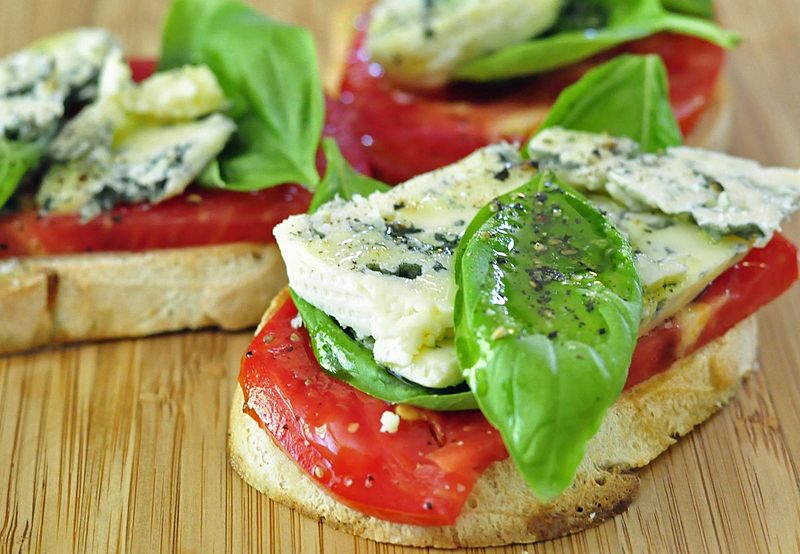The Diet of An Olympic Athlete
February 22, 2018
“You are what you eat.” This simple statement might explain why my body looks like a hamburger and why the bodies of the Olympic athletes are prime examples of peak physical fitness. As the 2018 PyeongChang Olympics begins, the athletes prepare their minds and bodies for this intense competition. Their protein-rich and filling meals help provide enough energy for each participant to strive for a medal. Now, on average a woman needs to consume 2000 calories per day to maintain their weight, while men need to consume 2500 calories. Olympics athletes, on the other hand, take in about 8000-10,000 calories when training. Of course, considering the rigorous activities these athletes go through, they definitely burn off more than the ordinary citizen.
Depending on the event, athletes watch their diets differently. Endurance competitions, like swimming, encourage loading up on the carbohydrates before their event. However, many gymnasts may be following a stricter diet, eating the bare minimum they can. Nevertheless, it is important for each athlete from any nation to stay healthy and hydrated to be able to perform to the best of their capability.
Let’s break it down into specifics. As mentioned above, many athletes make sure to include lots of protein in their diets, which include foods like hard-boiled eggs, beans, seafood, white meat, etc. But let’s not think strictly inside the box. If an athlete wants to eat an extra large pizza to keep them running around a track or skiing down a steep slope, then no one can really judge them (because let’s face it, these people are taking part in sports or activities that your normal individual can’t hope to do on a daily basis). While calories also do matter, nutrients are the ultimate weighing factors in their diets. Most athletes do state that they don’t count their calories but instead concentrate on nutritional value, stressing the importance of clean eating. Clean eating involves lots of super-greens and adaptogens, lean meats and veggies.
Megan Chacosky, a certified chef and dietitian, works with the Olympian team to provide food full of vitamins and minerals that are needed for each competitor. Chacosky quotes, “They’re [the athletes] putting their bodies to the max.” Chefs specifically cater towards individual requirements; Alpine skaters get more protein, while cross-country skiers get more carbohydrates for endurance. Since the hockey teams train and play indoors, the players have lower levels of vitamin D, and so their diet consists of dark leafy greens, salmon, cheese, and eggs. Milk is also a popular drink among athletes as the beverage contains whey protein, a fast-absorbing form of protein.
However, it should be stressed that the same doesn’t apply to all Olympians. We may see athletes devour a whole slice a pizza in one bite (*ahem, ahem* Mr. Chris Mazdzer) or we hear about athletes becoming “hangry” or craving ice cream in the middle of an event (Miss Chloe Kim). We must remember, however, that Olympians are all human and have the right to reward themselves with a calorie bomb or satisfy their sweet tooth, even if they are humans with incredible and almost godly athletic abilities.









